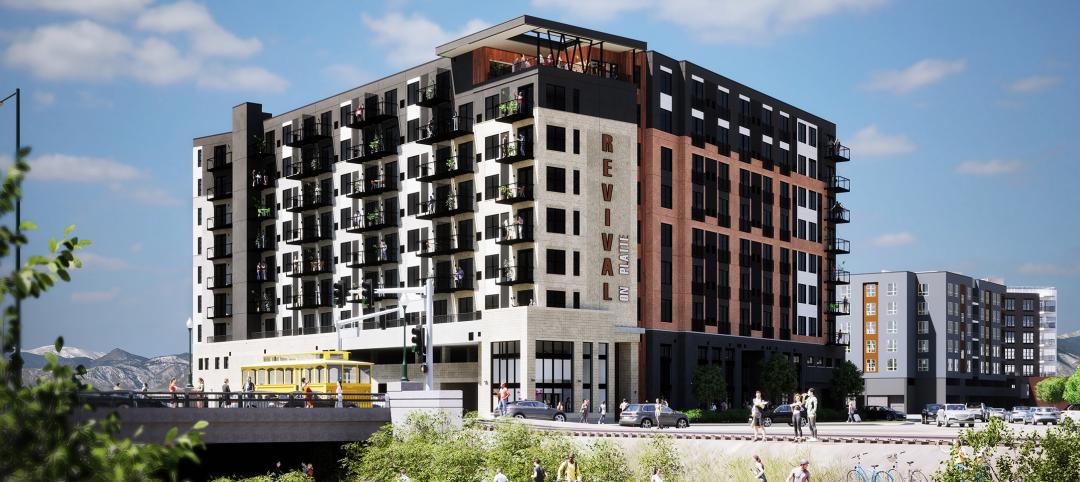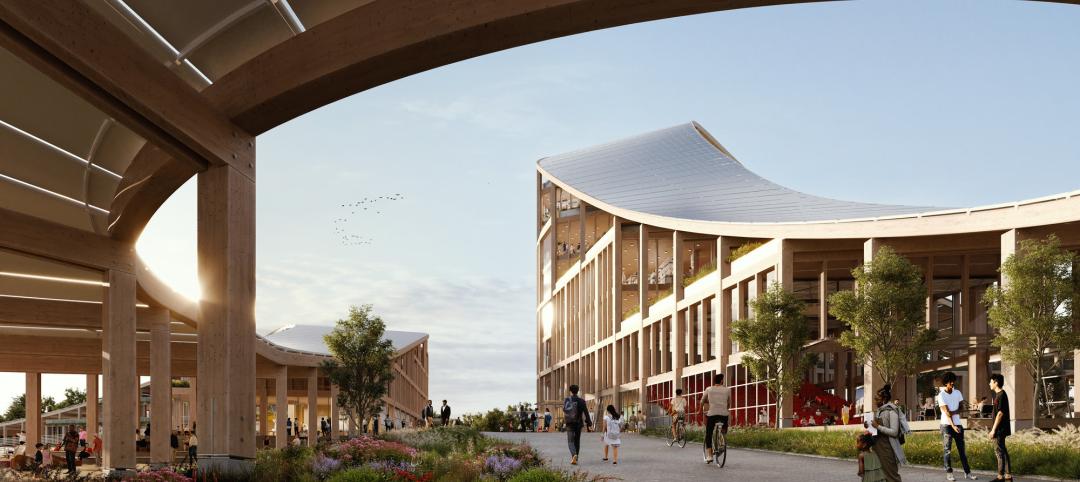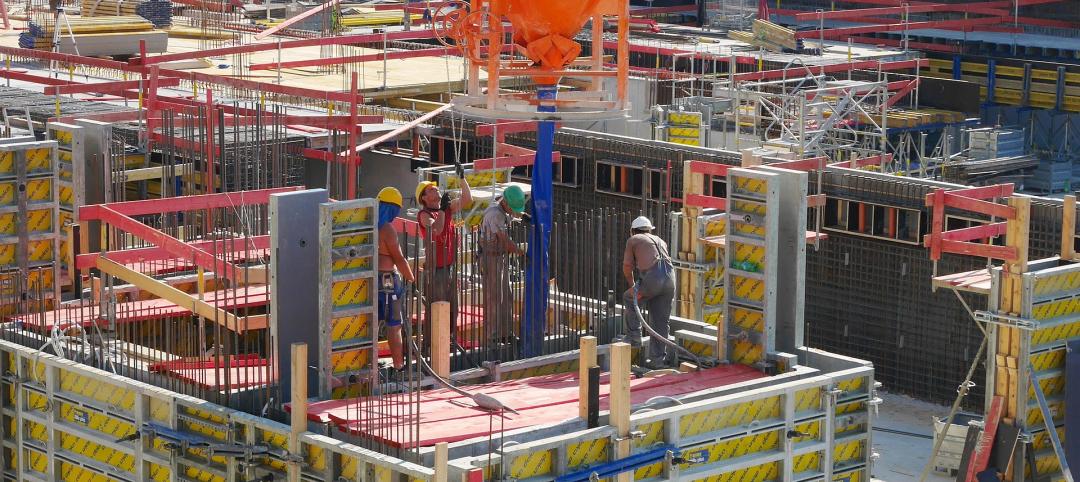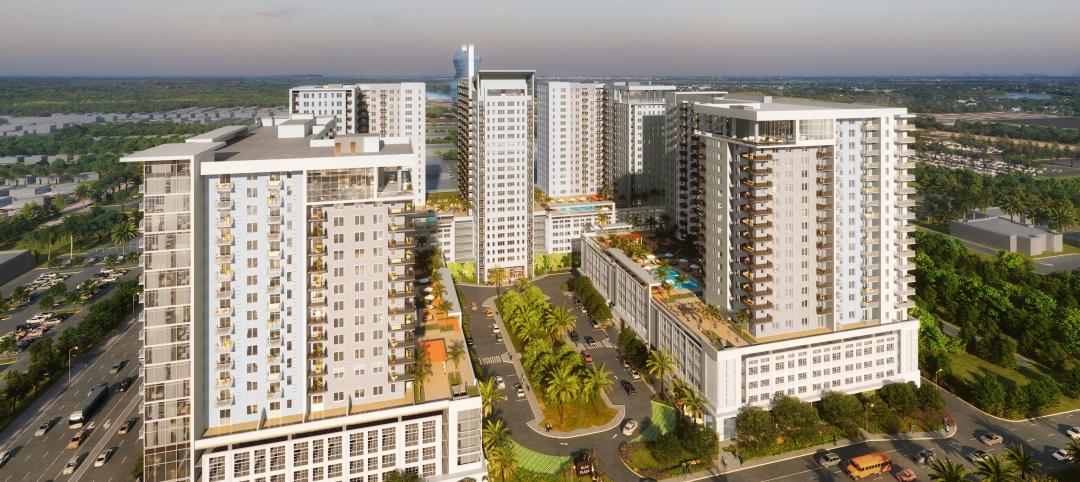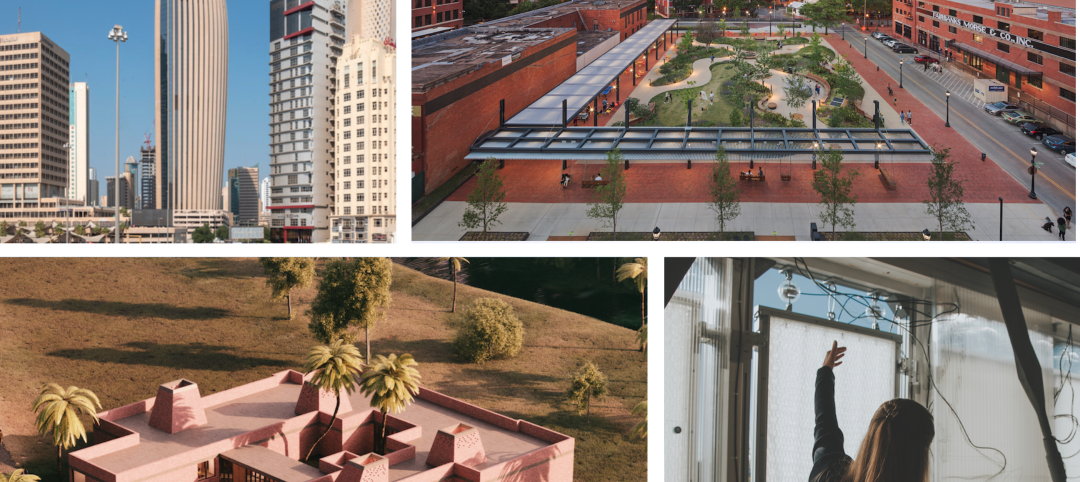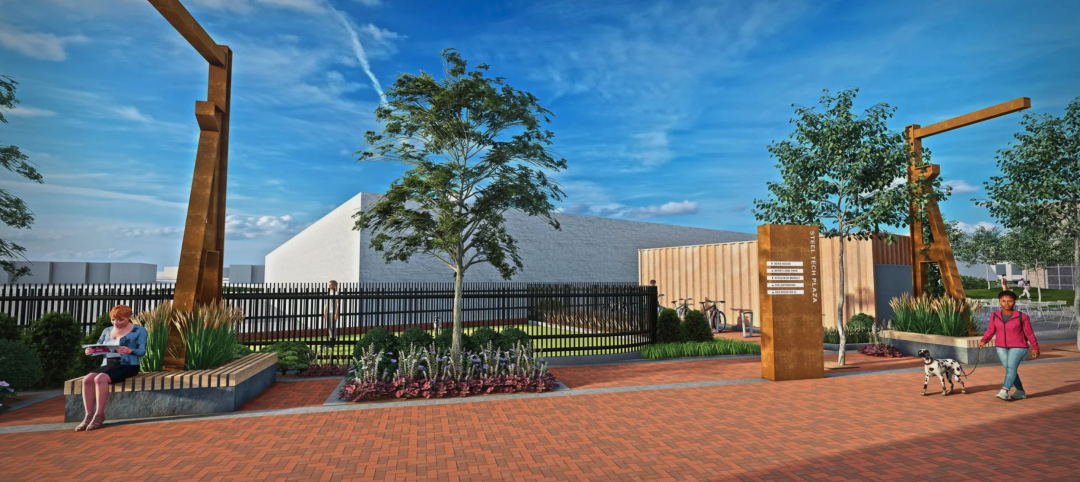WASHINGTON, D.C.--(ENEWSPF)--November 30, 2010. During a live online chat at the White House earlier today, U.S. Energy Secretary Steven Chu announced that 24 projects are receiving a total of $21 million in technical assistance to dramatically reduce the energy used in their commercial buildings. This initiative, supported with funding from the American Recovery and Reinvestment Act, will connect commercial building owners and operators with multidisciplinary teams including researchers at DOE's National Laboratories and private sector building experts. The teams will design, construct, measure, and test low-energy building plans, and will help accelerate the deployment of cost-effective energy-saving measures in commercial buildings across the United States.
"These Recovery Act projects are bringing together experts from our National Laboratories and the private sector to help businesses and organizations reduce the energy they use in their facilities, saving them money on their energy bills and making them more competitive economically," said Secretary Chu. "This initiative will also demonstrate to other commercial building operators that cost-effective, energy-efficient technologies exist today that will help lower the operating and energy costs of their buildings."
Through DOE's Commercial Building Partnerships, teams comprised of private sector technical experts and personnel from National Laboratories will help guide projects to achieve 30 percent measured energy savings in existing buildings and 50 percent energy savings in new construction projects. About half of the two dozen projects focus on energy efficiency upgrades for existing buildings. The three-year projects will provide comprehensive business and technical case studies for broad publication, including actual energy performance data from the completed projects, to help spur wider adoption of energy-efficient building practices across the industry.
The projects are funded with a public/private cost-sharing agreement, where the building owners and operators contribute at least 20 percent. Building owners and operators do not receive direct funding through the project, but instead get access to state-of-the-art technical guidance to implement energy efficiency technologies throughout the design, construction, and evaluation phases of their building and retrofit projects. This technical expertise includes energy modeling and energy performance verification by laboratory researchers and private sector experts.
The selected building owners and operators benefit by learning about measures they can apply across their extensive building portfolios. The use of private sector consultants and National Laboratory experts helps ensure that the energy efficiency measures and lessons learned in the projects will be quickly adopted by the marketplace.
Three DOE National Laboratories-Lawrence Berkeley National Laboratory (LBNL), the National Renewable Energy Laboratory (NREL), and the Pacific Northwest National Laboratory (PNNL)-will manage the effort and provide technical assistance for the selected projects. The aggressive energy efficiency design goals for each project include reasonable returns on investment and must meet other business criteria established in collaboration with the partners.
Each project will receive technical assistance valued at between $200,000 and $1.2 million, depending on the scope and nature of the plan. The following is a list of the selected projects:
* Cascadia Center for Sustainable Design and Construction; The Bullitt Foundation; Seattle, Washington
* Center for Alternative, Renewable Energy, Technology and Training; Clark Atlanta University; Atlanta, Georgia
* The College of Architecture + Planning at the University of Utah; Salt Lake City, Utah
* The Defense Commissary Agency; Lackland Air Force Base; San Antonio, Texas
* Grand Valley State University; Allendale, Michigan
* Hines; Somerset, New Jersey
* The Home Depot; Rocklin, California
* Living City Block; Denver, Colorado
* The LOOP at the University of California; Mesa Lane Partners; Santa Barbara, California
* Long Beach Gas and Oil; Long Beach, California
* Massachusetts Institute of Technology; Cambridge, Massachusetts
* Oregon Built Environment & Sustainable Technologies Center; Portland, Oregon
* Shy Brothers Farm; Westport, Massachusetts
* Sierra Nevada Job Corps; Reno, Nevada
* Smart Grid Development; North Kingstown, Rhode Island
* Twentieth Century Fox Film Corporation; Los Angeles, California
* University of California Merced; Merced, California
* University of South Carolina; Columbia, South Carolina
* U.S. Army; Fort Bragg, North Carolina
* U.S. General Services Administration; Portsmouth, New Hampshire
* U.S. General Services Administration; Region 9 locations
* U.S. General Services Administration; San Francisco
* Walmart; two locations to be determined
During the selection process, each building owner or operator submitted plans for designing a new building or upgrading existing buildings and committed to working with National Laboratories and technical experts. Project selection criteria included the likelihood of achieving significant energy savings, the probability of success, widespread deployment potential, contribution to a diverse DOE portfolio of energy-saving solutions, and the organizations' commitment to improving energy efficiency.
Learn more about Commercial Building Partnerships and other projects that are part of DOE's Building Technologies Program.
Related Stories
Multifamily Housing | May 1, 2023
A prefab multifamily housing project will deliver 200 new apartments near downtown Denver
In Denver, Mortenson, a Colorado-based builder, developer, and engineering services provider, along with joint venture partner Pinnacle Partners, has broken ground on Revival on Platte, a multifamily housing project. The 234,156-sf development will feature 200 studio, one-bedroom, and two-bedroom apartments on eight floors, with two levels of parking.
Mass Timber | May 1, 2023
SOM designs mass timber climate solutions center on Governors Island, anchored by Stony Brook University
Governors Island in New York Harbor will be home to a new climate-solutions center called The New York Climate Exchange. Designed by Skidmore, Owings & Merrill (SOM), The Exchange will develop and deploy solutions to the global climate crisis while also acting as a regional hub for the green economy. New York’s Stony Brook University will serve as the center’s anchor institution.
Market Data | May 1, 2023
AEC firm proposal activity rebounds in the first quarter of 2023: PSMJ report
Proposal activity for architecture, engineering and construction (A/E/C) firms increased significantly in the 1st Quarter of 2023, according to PSMJ’s Quarterly Market Forecast (QMF) survey. The predictive measure of the industry’s health rebounded to a net plus/minus index (NPMI) of 32.8 in the first three months of the year.
Sustainability | May 1, 2023
Increased focus on sustainability is good for business and attracting employees
A recent study, 2023 State of Design & Make by software developer Autodesk, contains some interesting takeaways for the design and construction industry. Respondents to a survey of industry leaders from the architecture, engineering, construction, product design, manufacturing, and entertainment spheres strongly support the idea that improving their organization’s sustainability practices is good for business.
Codes and Standards | May 1, 2023
Hurricane Ian aftermath expected to prompt building code reform in Florida
Hurricane Ian struck the Southwest Florida coastline last fall with winds exceeding 150 mph, flooding cities, and devastating structures across the state. A construction risk management expert believes the projected economic damage, as high as $75 billion, will prompt the state to beef up building codes and reform land use rules.
| Apr 28, 2023
$1 billion mixed-use multifamily development will add 1,200 units to South Florida market
A giant $1 billion residential project, The District in Davie, will bring 1.6 million sf of new Class A residential apartments to the hot South Florida market. Located near Ft. Lauderdale and greater Miami, the development will include 36,000 sf of restaurants and retail space. The development will also provide 1.1 million sf of access controlled onsite parking with 2,650 parking spaces.
Architects | Apr 27, 2023
Blind Ambition: Insights from a blind architect on universal design
Blind architect Chris Downey shares his message to designers that universal design goes much further than simply meeting a code to make everything accessible.
Design Innovation Report | Apr 27, 2023
BD+C's 2023 Design Innovation Report
Building Design+Construction’s Design Innovation Report presents projects, spaces, and initiatives—and the AEC professionals behind them—that push the boundaries of building design. This year, we feature four novel projects and one building science innovation.
Mixed-Use | Apr 27, 2023
New Jersey turns a brownfield site into Steel Tech, a 3.3-acre mixed-use development
In Jersey City, N.J., a 3.3-acre redevelopment project called Steel Tech will turn a brownfield site into a mixed-use residential high-rise building, a community center, two public plazas, and a business incubator facility. Steel Tech received site plan approval in recent weeks.
Multifamily Housing | Apr 27, 2023
Watch: Specifying materials in multifamily housing projects
A trio of multifamily housing experts discusses trends in materials in their latest developments. Topics include the need to balance aesthetics and durability, the advantages of textured materials, and the benefits of biophilia.


